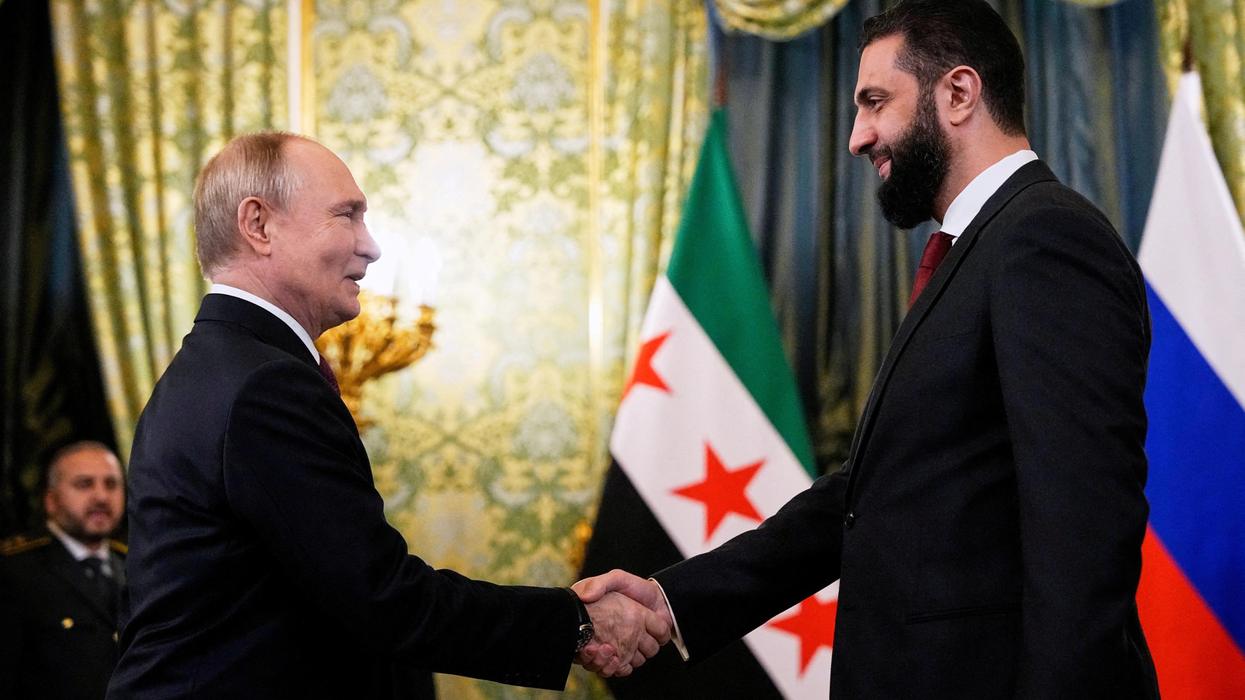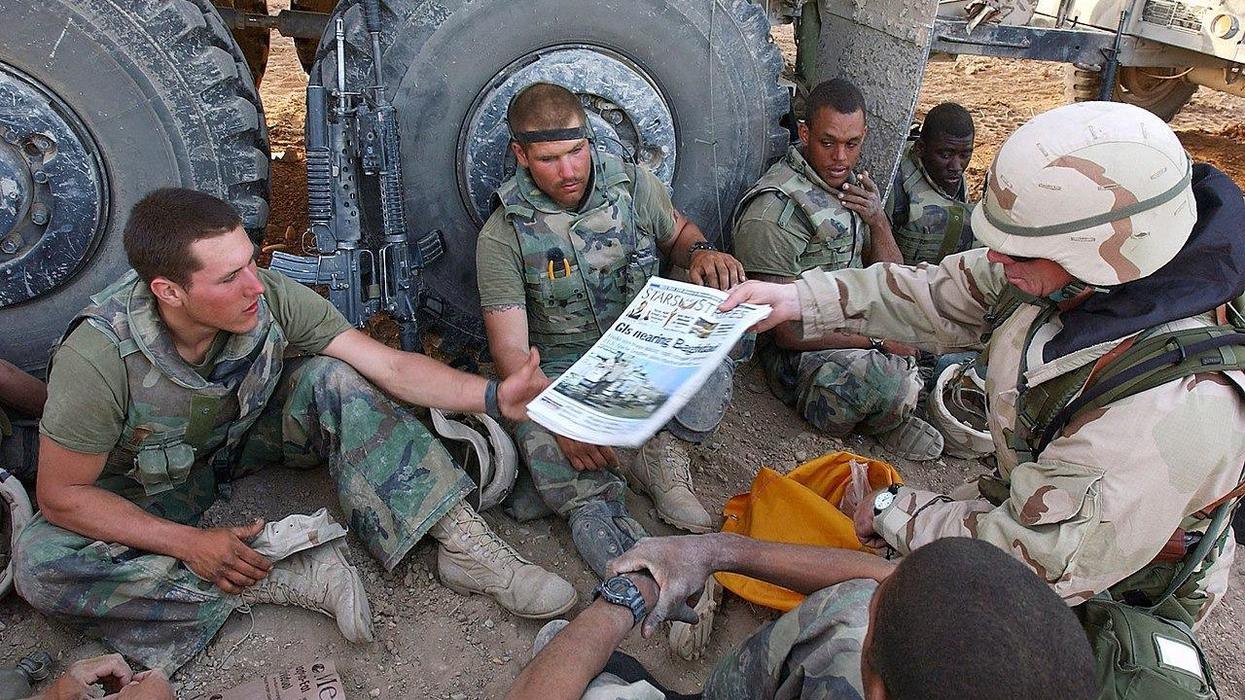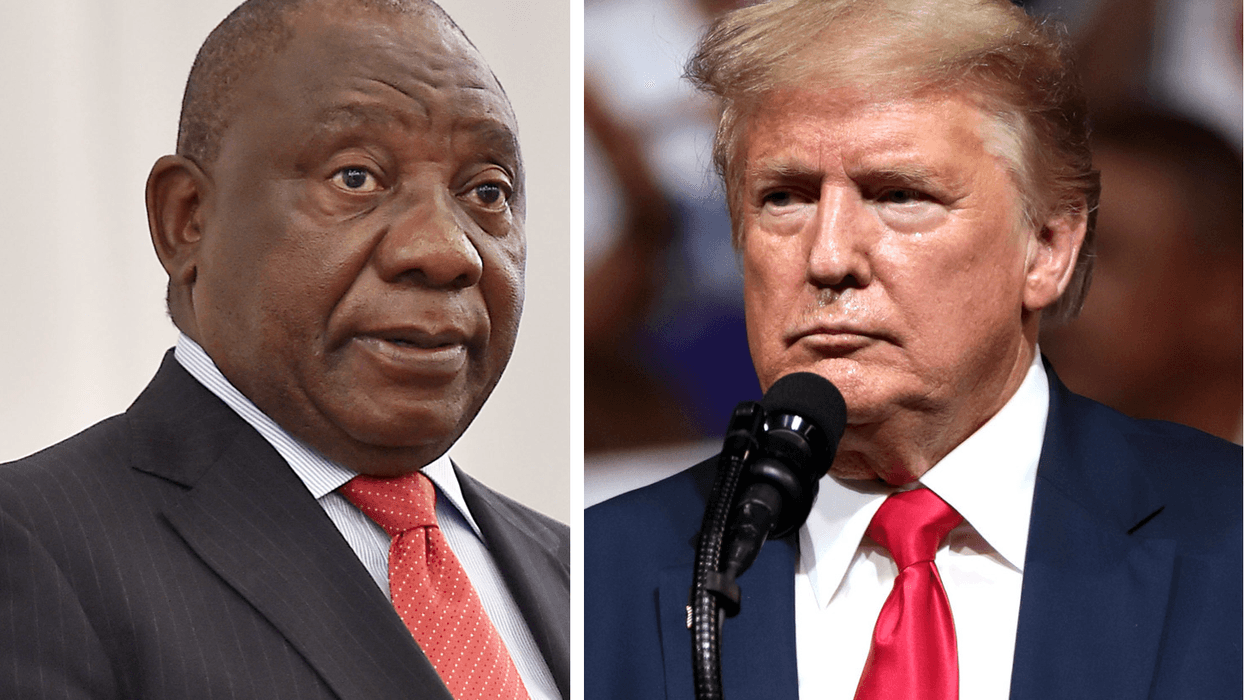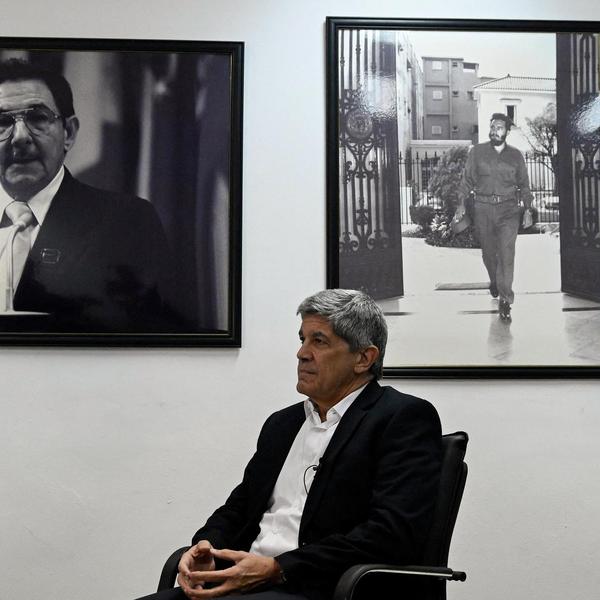As the one-year anniversary of Russia’s invasion of Ukraine approaches and senior Biden officials prepare to give speeches around the world in a “victory lap” celebrating the success of their support for Kyiv over the last 12 months, recent reporting may signal a crucial turn in Washington’s approach to the war.
According to a story published Monday in The Washington Post, “U.S. officials are telling Ukrainian leaders they face a critical moment to change the trajectory of the war, raising the pressure on Kyiv to make significant gains on the battlefield while weapons and aid from the United States and its allies are surging.”
The administration appears to be laying the groundwork for an eventual diplomatic end to this war. As the Post story notes, Ukraine could exhaust the current aid package by this summer, and the Biden administration has reportedly determined that the best course of action may be to help Ukraine reclaim as much territory as they can during that time period, before eventually sitting down with Putin at the negotiating table.
This shift in approach appears to be driven by both an acknowledgement that neither side is going to win this war and that changing domestic realities could make continued massive levels of funding for Kyiv unsustainable.
For much of the war, Washington has insisted that Kyiv alone should decide if and when to move toward a settlement, but there are increasing signs that the two nations’ interests may eventually diverge. As Ukraine maintains that the war can only end when it has reclaimed its internationally recognized borders, including the Donbas and Crimea, U.S. intelligence officials have determined that the Ukrainian is unlikely to be able to retake the Crimean peninsula in the near future.
At the same time, the Post reports that it is the administration’s “‘very strong view’ that it will be hard to keep getting the same level of security and economic assistance from Congress,” now that Republicans hold a slim majority in the House of Representatives. A number of Republicans have expressed skepticism or outright opposition to funding Ukraine’s effort.
The Post story quotes one senior official as saying, “We will continue to try to impress upon [Ukrainian leaders] that we can’t do anything and everything forever.” National Security Council spokesperson John Kirby pushed back on that anonymous quote, maintaining the administration’s line that it will continue to support Ukraine “for as long as it takes,” though he later added, “there’s never been a blank check” for Kyiv. Even if the Biden administration continues to support funding Ukraine indefinitely, it is not guaranteed that Congress will share that view and approve further aid packages. As a result, the Biden administration may have to start confronting questions about the conditions under which all sides can get to the table and what Washington can do to ensure that Ukraine holds a strong diplomatic hand when serious negotiations commence.
In other diplomatic news related to the war in Ukraine:
— Austria has come under intense criticism for granting visas to sanctioned Russian lawmakers for a meeting of the Organization for Security and Cooperation in Europe, which will be held in Vienna next week. In RS this week, Anatol Lieven offered a reminder that “the OSCE was created during the Cold War, explicitly as a means of engaging Moscow in discussions of European security. Soviet participation was not broken off by the West during the Soviet invasion of Afghanistan, nor did Russia, Germany or France demand the barring of American and British participation as a result of the invasion of Iraq.”
— Polish president Andrzej Duda is unsure whether his country will be able to supply Ukraine with F-16 fighter jets. According to the BBC, sending these jets “would pose a ‘serious problem’ because, with fewer than 50 of the aircraft in the Polish air force, ‘we have not enough… and we would need many more of them.’”
— The Chairman of the Joint Chiefs of Staff, Gen. Mark Milley, says Russia has already lost the war “strategically, operationally, and tactically."
— Following his meeting with Biden in DC, Brazilian president Lula says he will not send weapons to Ukraine, telling CNN’s Christian Amanpour in an interview “I don’t want to go join the war. I want to end the war.”
— According to Politico, Secretary of State Antony Blinken told a group of experts that a Ukrainian attempt to retake Crimea would be a red line for Putin that could lead to a wider Russian response.
U.S. State Department news:
While answering a question about the possibility of diplomacy with Iran in his press briefing Wednesday, State Department spokesman Ned Price spoke about the possibility of maintaining lines of communication with adversaries, even during wars. “In the midst of Russia’s brutal war against Ukraine, despite everything that we were doing to support and are doing to support our Ukrainian partners and everything we imposed on Russia as a result of its brutal aggression, we’ve been able to bring home Trevor Reed; we’ve been able to bring home Brittney Griner,” he said.
















